There are many factors that play a role in your risk for heart disease. For example, health conditions like hypertension and diabetes are major risk factors. But so are your lifestyle, your age and your family history.
Some risk factors can’t be changed, but you can make a significant impact by focusing your efforts on factors that are within your control.
As Heart Month wraps up, we wanted to provide you with some actionable ways to improve your heart health. Here’s five simple steps you can begin implementing today.
1. Know your risk for heart disease
Heart disease can affect anyone, but some racial and ethnic groups are more likely to have conditions that increase their risk for heart disease.
For example, chronic conditions like high blood pressure, diabetes and obesity disproportionately affect Black Americans. And each of these conditions increase the risk for heart disease.
Additionally, risk factors and symptoms of heart disease might differ among men and women. Check out this EMS Safety article that details some of these key differences.
Learn more about heart disease risk factors: Know Your Risk for Heart Disease
2. Get up and get moving
Regular physical activity can lower your risk for heart disease. The Surgeon General recommends adults get 2.5 hours of moderate-intensity exercise each week.
If you need a starting point, consider taking a brief 15-minute walk around your neighborhood. You can also squeeze in extra exercise by parking further away from the grocery store entry. Or choose to take the stairs at work instead of the elevator.
3. Manage your diet
Heart disease has been linked to diets that are high in saturated fats, trans fat and cholesterol. Start adjusting your diet by:
-
Adding an extra fruit or vegetable each day.
-
Swapping out processed foods for fresh alternatives (e.g. reach for a handful of nuts instead of a bag full of chips).
-
Paying attention to food labels to keep sugar, sodium and unhealthy fat levels in check.
Choose healthy meals and snacks to help prevent heart disease and other health conditions.
4. Reduce your stress
Taking steps to lower your stress is especially important during these unprecedented times and after recovering from any heart-related health issue.
Slow, deep breaths can help lower blood pressure. Spend a few minutes each day focusing on your breathing.
You can also try mediation, gentle yoga practices or other forms of self-care activities to manage stress levels.
5. Make bold lifestyle changes
Smoking is a major risk factor for heart disease and stroke. And exposure to secondhand smoke can increase your risk, even if you’re a nonsmoker. Take steps to eliminate tobacco use (e.g. enroll in a smoking cessation program) and avoid secondhand smoke at work and at home.
It’s also important to limit alcohol consumption as too much can raise blood pressure levels and increase levels of triglycerides. Alcohol can also adversely affect medications, so be mindful of interactions and your consumption amount.
If you haven’t already signed up for a CPR, AED or First Aid course with an authorized HSI Training Center, click below to find one near you.








.png?width=600&name=HSI-CTA-EmergencyCareTraining%20(1).png)











Comments